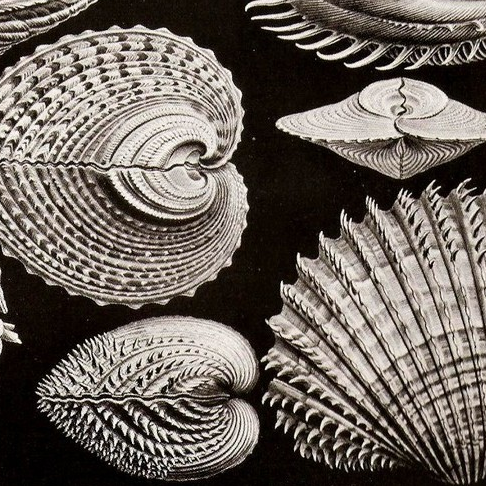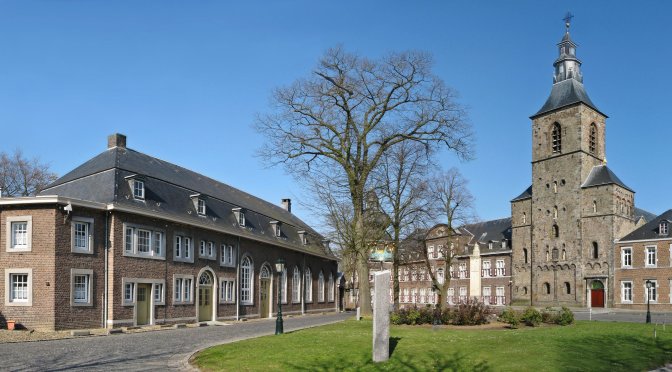The fifth edition of the History of Science PhD-conference in Rolduc showed that projects currently carried out under the banner ‘history of science’ are remarkably diverse in character. Chronologically, participants covered the period between the Carolingian Renaissance (eight century) to the present, while subjects of research ranged from the work of Christiaan Huygens to the first Dutch-made car and ASM International. Despite this enormous variety, several cross-cutting themes emerged from the conference that beg further discussion. In this recap, I will consider four of them: sources, stories, concepts, and socially engaged history of science. You are all cordially invited to continue the discussion via this blog.
Sources
During the past decades, historians of science have expanded their corpus of sources dramatically. Many still work with ‘classical’ documents like Cicero’s De Natura Deorum. Old problems abound. Medievalists, for instance, are faced with source scarcity and fragmentation. Others, however, who are looking at less traditional sources like novels, artwork, or material objects, encounter new problems. Are the established interpretative techniques (e.g. hermeneutics, textual analysis) still the right tool for the job? How to make sense of medical images, cinematography or bodily fluids?
One participant felt she was ‘drowning’ in her material. There were simply too many documents to comprehend. She asked the audience to act as a rescue team: what are the best ways to select and order data? Promising, yet not without challenges, is the current (re)appreciation of quantitative analysis in the digital humanities. Computer programmes are used to analyze and interpret big datasets like digital newspaper archives. Does this development mark the end of the traditional archive?
Stories
Closely related to these source problems is the issue of story-telling. How to turn your data into a coherent narrative that is scholarly sound as well as interesting to the reader? Participants at the conference approached this challenge from different angles. Some looked at change over time and presented their findings in chronological order. Others, however, presented a synchronic case-study by analyzing an event that occurred at a certain moment in time. What are the pros and cons of these approaches?
By focusing on an exchange of letters between Dutch and German scholars around the Great War, one participant beautifully demonstrated how sources can almost speak for themselves. In response a commentator stated that we should never neglect our own voice. After all, it is the historian who tells the story and not her historical protagonist. So, how many direct quotes does a good story need? Should we repress our own presence or frankly admit that we as historians construct the past?
Concepts
During the previous PhD Conference, the concept of ‘expertise’ haunted Rolduc. This time, a new term entered the participants’ vocabulary: ‘persona’. Despite extensive exchanges and intellectual skirmishes, the notion of expertise remains a controversial one. Is expertise something internal, a skill that scientists embody, or is an expert only an expert if others identify her as such? Various participants touched upon this issue through case-studies of economists, ecologists and ethicists. We certainly haven’t heard the last of that.
The concepts of ‘scientific self’ and ‘persona’ created confusion. What do they exactly mean? What are the main differences between the two? And what can these terms contribute to the history of science?
Socially Engaged History of Science
Past ideas about the ideal of the scientific self seem quite relevant to our present endeavors. What kind scholar do we want to be? Do we adhere to that noble ideal of objectivity and neutrality, or is the engaged scholarly persona closer to our heart? Is it possible at all to write about pig farms, medical ethics or sustainable development without taking a personal stance on the issue? Debates about a socially engaged history of science currently take place in various fora. We should all feel obliged to think about this important issue. Let’s keep the spirit of Rolduc going. You can all enter your comments and afterthoughts below.
o-o-o
Featured image: http://upload.wikimedia.org/wikipedia/commons/4/4d/Rolduc_pano3.jpg


